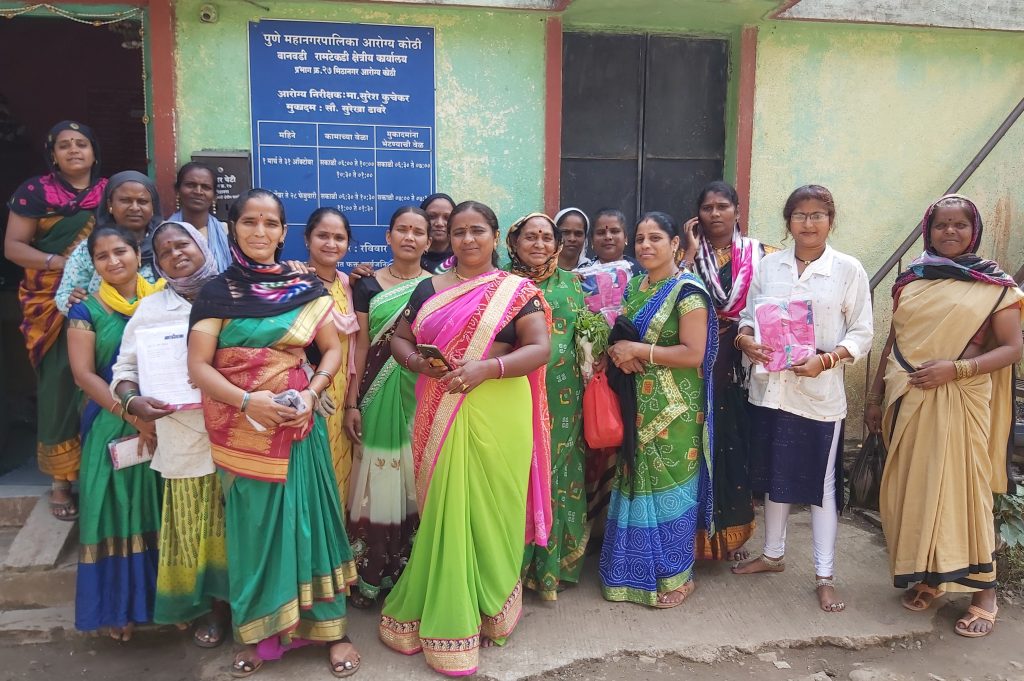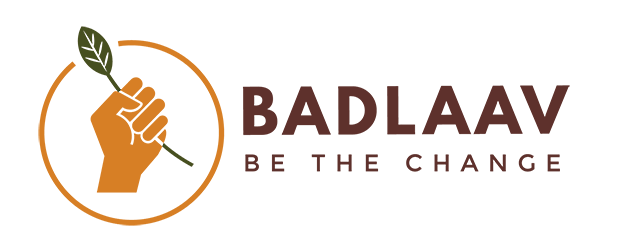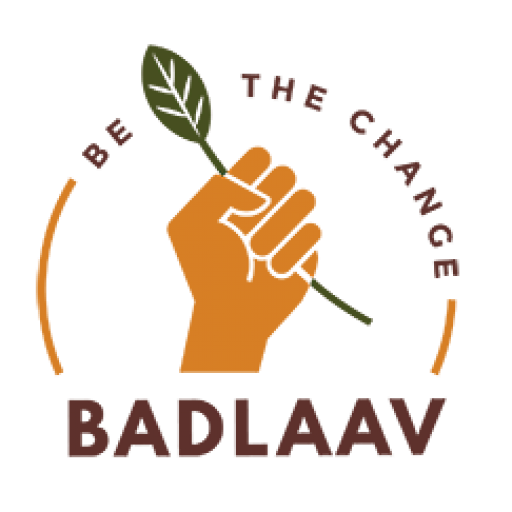Menstruation is an inevitable part of human biology, and a basic requirement for the propagation of human life. Yet in many places in the world [India included], menstruation is a taboo strong enough that people avoid speaking about it at all costs. Periods are considered to be dirty, sinful, and a huge nuisance. The social issues associated with menstruation are so prevalent in India, that even with over 355 million menstruating women and girls in India, less than 36% of them have access to sanitary napkins. That means that more than 227 million menstruating girls and women in India use homemade alternatives, such as an old cloth, rags, hay, sand, or ash. For women and girls in low-income communities, premium commercial products are generally either too expensive or consistently inaccessible or both. Women and girls lack access to appropriate sanitation facilities. As of 2016, there were 63 million adolescent girls living in homes without toilets, severely affecting their ability to manage their menstruation in a safe manner. (source: FSG 2016)
Since the foundation of Badlaav Social Reform Foundation, we have been trying to facilitate open conversations about periods and the menstrual cycle. Since December 2019, Badlaav has been taking sessions with school children on Menstruation, Sexual Health and Menstrual Hygiene. Along with that, we have also been collaborating with Global Shapers Community, Pune Hub, for Project Zero Waste; wherein we worked in close contact with the Waste Pickers in Pune Municipality and were made aware that the issues of menstrual hygiene and safety are a prevalent topic in this community as well. With the information we gathered from working in close connection with these frontline working women, we decided to give birth to Project SAKSHAM.
SAKSHAM, which stands for “Safe Knowledge on Sexual Health and Menstruation” is our first self-initiated project. In collaboration with SWaCH and KKPKP, we plan on reaching out to the waste pickers in Pune, Maharashtra (India). With SAKSHAM, our aim is to provide a long term solution to the problem of costly and environment degrading (normal) sanitary pads, whilst educating the women through interactive sessions around the female reproductive system, periods, and the sustainable alternatives available.
We realize that our target community, who are menstruators from marginalized backgrounds, cannot readily offer ₹500-1000 just for a menstrual product. Therefore, our plan was to offer the products at a subsidized cost of ₹50. The relatively low buy-in value, we believe, was important to encourage their ownership of the product. Sustainable alternatives not only have a smaller carbon footprint, but are also lighter on the pocket. A cloth pad can last for 3-5 years whereas a cup will last for at least 8-10 years. Our initiative would cut the costs for waste pickers by at least 80%, since most claim to spend anywhere between Rupees 80-100 per month on menstrual products.
To bring our ambition into fruition, we set up a fundraiser with the popular fundraising platform Milaap. Since our target was to reach out to at least 200 menstruators, and each kit we wanted to distribute cost ₹500, we had to raise at least ₹100,000. Objectively looking at it, it seems to be a fairly achievable amount, but for a new NGO like ours, with a newly growing network, it seemed to be an exacting goal. On the first of August, we published a Milaap fundraiser page, with a goal of ₹110,000 to be reached within a timeframe of 30 days.
Our team sprung into action, with every team member working towards reaching this goal, networking, sharing, and keeping Badlaav’s platforms up-to-date. It still fills us with amazement, how we raised a total of ₹117,158 by the 15th of August, a full 16 days ahead of the targeted deadline. We received the support of 102 amazing people, who believed in our cause, and donated to it, so we could move forward.

The ladies who work as Sweepers in Kondwa, Pune 
A woman on our distribution session wonders if the cup really is going to be as good as it sounds
We began with our distribution sessions for Project SAKSHAM right away, meeting with women in small groups, conforming to Covid-19 safety, and talked to them about menstruation, reproduction and the importance of using safe and clean products during menstruation. As of today, we have distributed sustainable menstrual kits to 60 women and girls. The distribution process is slow and challenging, since we want to stay Corona-conform and have sessions with the women in a way that is socially distanced and safe.
This is an ongoing process, and we are working hard to organize groups and educate them on the importance of menstrual health and using clean, sanitary materials/products to manage the menstrual bleeding. We are soon moving ahead with another phase for Project SAKSHAM, which will include mentorship programs for young women and girls to help them become community mobilizers and classroom sessions on menstrual and sexual health. We thank you for believing in us, donating to our cause, and supporting us in our mission to provide clean and safe means of menstruating to people from low-income communities, and to educate young minds on the importance of menstrual health and sexual health.
Follow us to stay updated on the progress of Project SAKSHAM!


